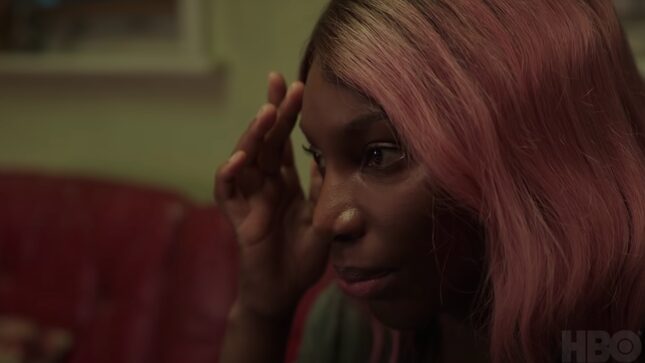

It might be impossible to name all the ways in which consent is routinely violated. Michaela Coel, however—creator of the witty breakout series Chewing Gum—is back with the new HBO series I May Destroy You, and is trying to do just that.
In the series, Coel plays Arabella, a feted millennial writer working on the first draft of her second book. When she takes a break from writing to have drinks with a friend the night before her deadline, she finds herself abandoned at a bar and drugged, with little to no recollection of the night that led her there.
The show begins as an attempt to piece together the remains of that fateful evening—and the weighty realization that Arabella may never truly know what transpired eventually settles in. With the support of her friends Terry (Weruche Opia) and Kwame (Paapa Essiedu) she spends the next several months attempting to pick up the pieces of the self she once knew, and integrate them into the person this violent violation has made her.
-

-

-

-

-

-

-

-

-

-

-

-

-

-

-

-

-

-

-

-

-

-

-

-

-

-

-

-

-

-

-

-

-

-

-

-

-

-

-

-








































